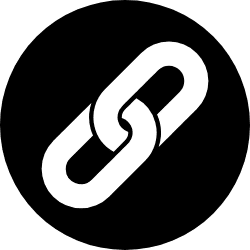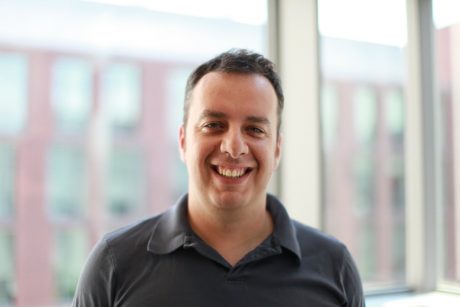


Dmitry Shvartsman
Dmitry (Dima) Shvartsman was born in Kharkov (Ukraine) and graduated (PhD in Neurobiology), 2008) from Tel Aviv University Life Sciences Faculty (Israel), focusing his studies on the biophysical properties of the cell plasma membrane and dynamics of interactions between membrane proteins and ...
About Dmitry Shvartsman
Dmitry (Dima) Shvartsman was born in Kharkov (Ukraine) and graduated (PhD in Neurobiology), 2008) from Tel Aviv University Life Sciences Faculty (Israel), focusing his studies on the biophysical properties of the cell plasma membrane and dynamics of interactions between membrane proteins and membrane domains. He received the Long-Term Postdoctoral Fellowship form the European Molecular Biology Organization (EMBO) to conduct his postdoctoral studies in Cell and Tissue Engineering laboratory at Harvard University under the supervision of Prof. David Mooney.
His research in biomedical engineering and tissue regeneration has been focused on understanding the biological mechanisms of tissue regeneration, utilizing the sustained and local delivery of growth factors and cells. His main interest is at the area of neural regeneration in injured skeletal muscles, where prolonged delivery of angiogenetic factors can be beneficial in induction of the neural regeneration and promotion of the neural survival. He develops models of cell interactions in 3D modeling devices, microfluidic systems and designs novel tools for the plastic and restorative surgery, working with the leading plastic surgery teams in Harvard Medical School. His broad interdisciplinary training and scientific background are combined with business development education, obtained through Harvard Business School MBA field course and patent applications review for Harvard Office of Technological Development. His work been presented in several highly-ranked peer-reviewed journals and symposia, and he serves as a scientific reviewer of the bioengineering publications.
He is the member of Biomedical Engineering Society (BMES), American Association for the Advancement of Science (AAAS), Tissue Engineering International and Regenerative Medicine Society (TERMIS) and the American Society for Cell Biology (ASCB).
